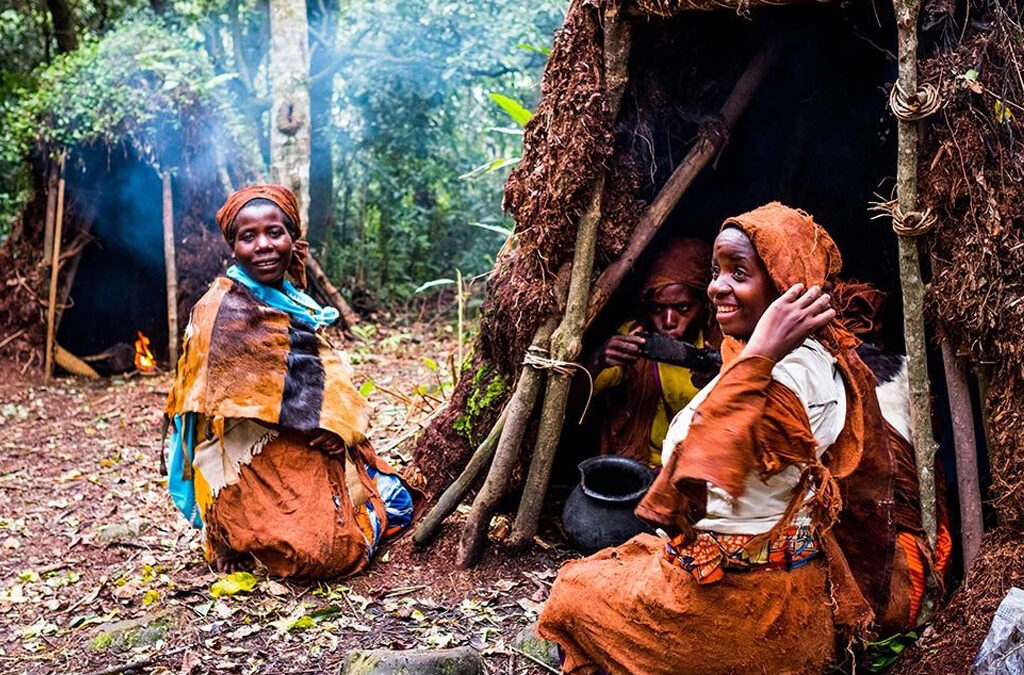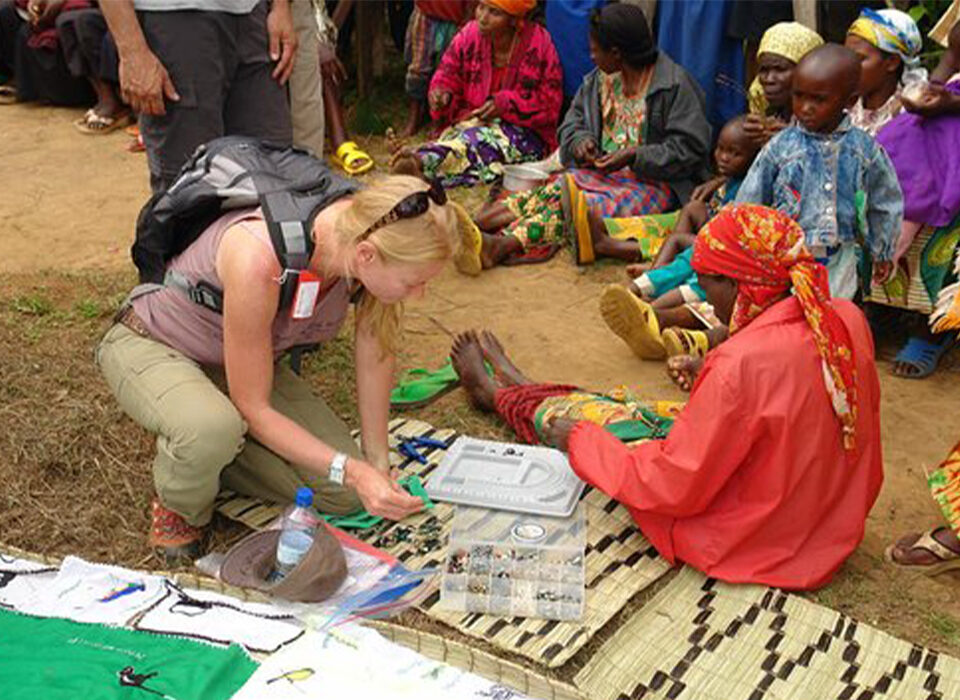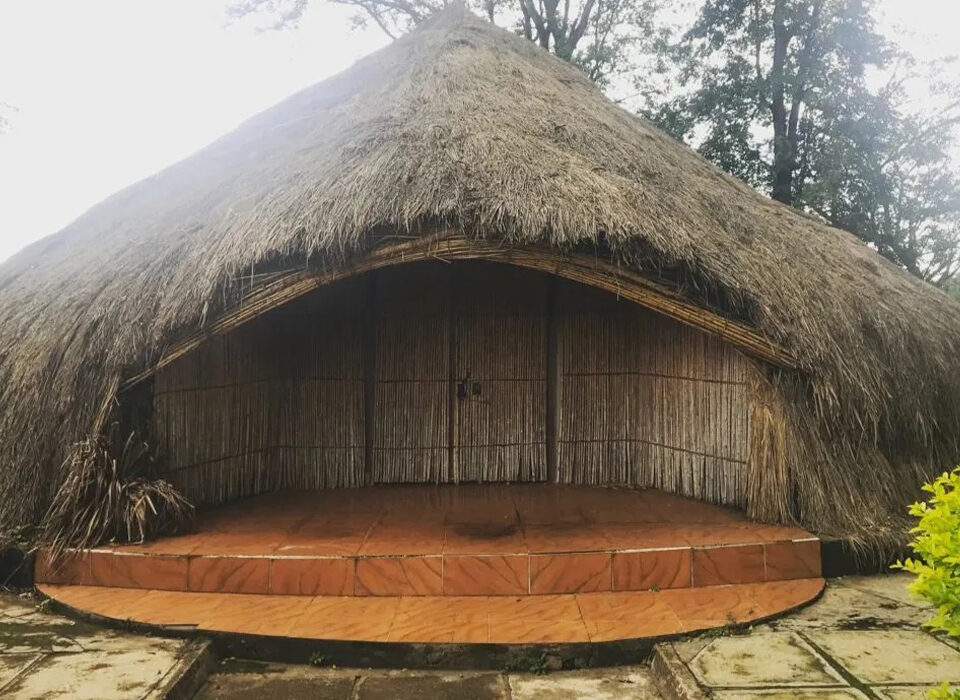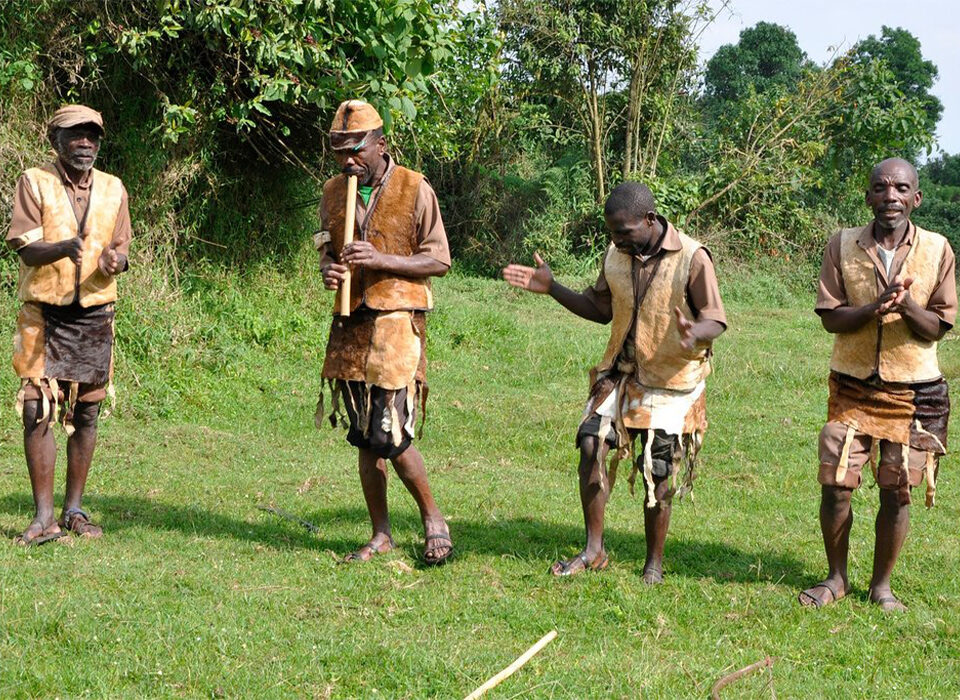
Why is Gorilla Trekking More Expensive in Rwanda than Uganda?
September 25, 2025
How Much Does a Safari Tent Cost?
September 25, 2025Can I Attend a Batwa Pygmy Cultural Festival?

Deep in the ancient rainforests of Uganda and Rwanda lies one of the most moving and enriching cultural experiences you could ever encounter—the Batwa Pygmy Cultural Festival. This is more than just a gathering; it is a vibrant celebration of heritage, resilience, and survival. If you have ever wondered, “Can I attend a Batwa Pygmy Cultural Festival?” the answer is yes. Not only can you attend, but you will also leave transformed by the songs, stories, and spirit of one of Africa’s oldest forest communities.
Who Are the Batwa?
The Batwa, often called “the keepers of the forest,” are an indigenous group who lived for centuries in the jungles of the Great Lakes region of Central Africa. Their traditional homelands included the forests around Bwindi Impenetrable National Park, Mgahinga Gorilla National Park in Uganda, and parts of Rwanda and the Democratic Republic of Congo.
For generations, the Batwa thrived as hunter-gatherers, living in harmony with the forest. They hunted small game with bows and arrows, gathered fruits and honey, and practiced herbal medicine passed down through storytelling. Their spiritual beliefs connected deeply with the natural world.
However, the creation of national parks to protect endangered mountain gorillas in the 1990s forced the Batwa from their ancestral lands. This displacement left many without livelihoods, homes, or cultural roots. Today, festivals like the Batwa Pygmy Cultural Festival play a crucial role in reviving their traditions, sharing their stories, and strengthening community pride.
What Is the Batwa Pygmy Cultural Festival?
The Batwa Pygmy Cultural Festival is a rare and captivating annual event that brings Batwa communities together with visitors from across the world. It usually takes place near Bwindi or Mgahinga National Parks in Uganda, though similar gatherings also occur in southwestern Rwanda.
The festival showcases vibrant Batwa traditions through energetic dances, rhythmic music, storytelling, crafts, and reenactments of forest life. Dressed in bark cloth and grass garments, the Batwa perform with raw emotion that immediately connects you to their past.
Unlike staged performances designed for tourism, the festival remains an authentic expression of pride and identity. You will hear soulful Batwa songs, watch ceremonial dances that illustrate life in the forest, and take part in conversations that reveal the strength of a people determined to share their heritage despite many challenges.
Can Tourists Attend?
Tourists are welcome to attend. The Batwa Pygmy Cultural Festival opens its doors to both locals and international travelers eager to celebrate and honor this unique culture. If you plan a trip to Uganda for gorilla trekking or to explore southwestern Rwanda, adding the festival to your itinerary enriches your entire experience.
The event often takes place in partnership with community-based tourism initiatives and organizations that promote Batwa welfare. When you arrange your trip through trusted local guides or cultural centers, you ensure your visit directly supports the community.
As a guest, you do more than observe. You may dance with the Batwa, sing along to their music, practice shooting arrows, or sit under a giant fig tree while elders share ancient stories.
Why Should You Attend?
Attending the Batwa Pygmy Cultural Festival allows you to discover a culture while witnessing resilience in action. Despite displacement and hardship, the Batwa continue to embrace and share their heritage with pride.
You will leave with more than photos. You will carry stories of a people whose history is rooted in the forest, whose songs echo the voices of ancestors, and whose drums still beat with strength. By attending respectfully, you help preserve their traditions for generations to come.
Your presence also contributes to responsible travel. Proceeds from tickets and guided experiences often fund Batwa-led projects such as schools, healthcare, clean water, and skills training. In this way, your journey uplifts the community while enriching your own perspective.
When and Where Does the Festival Take Place?
The Batwa Pygmy Cultural Festival usually happens once a year, often around August or December, depending on community plans and logistics. Common locations include areas near Bwindi Impenetrable Forest and Mgahinga Gorilla National Park in Uganda, as well as communities close to Volcanoes National Park in Rwanda.
For the best experience, plan your trip during the dry seasons—June to September or December to February—when travel becomes easier and the weather is favorable for outdoor events. You can arrange attendance through local guides, eco-lodges, or cultural centers near the parks.
What to Expect
When you arrive, the community welcomes you warmly, often with greetings and handmade crafts available for purchase. The atmosphere bursts with color and joy as Batwa children dance and elders prepare to share wisdom.
You will see dramatic reenactments of traditional forest life—hunting, fire-making, honey harvesting, and spiritual rituals that honor forest spirits. The hypnotic rhythms of drums and wooden flutes create an unforgettable energy that lingers long after the festival ends.
Workshops may also introduce you to traditional skills such as basket weaving and herbal medicine. At times, you might be invited to join a dance or taste a traditional meal, making you feel like part of the celebration.
How to Be a Respectful Guest
Cultural experiences come with responsibility. You honor the Batwa and their traditions when you approach the festival with humility, ask before taking photographs, and support artisans by buying crafts directly from them. Instead of giving handouts to children, you can contribute to organized community projects that sustain long-term development. Listening attentively and allowing the stories to guide your understanding ensures you engage respectfully.
Final Thoughts
So, can you attend a Batwa Pygmy Cultural Festival? Yes—and you absolutely should. You attend not only as a traveler but also as a human seeking connection and truth.
Though the Batwa lost their forests, their spirit continues to live in every drumbeat, every dance, and every story told under the sky. By attending, you amplify their voices, honor their culture, and help preserve their history.
In a fast-moving world, the festival offers a rare chance to pause and stand still—with the Batwa, in celebration of resilience, identity, and hope.



